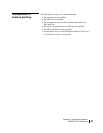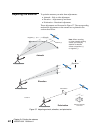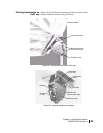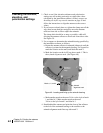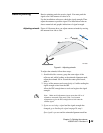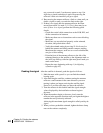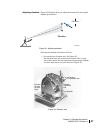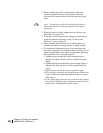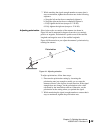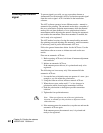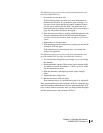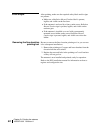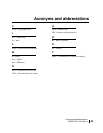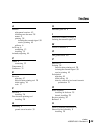
Chapter 5 • Pointing the antenna
1035567-0001 Revision A
51
The following steps are necessary only if the antenna does not
pass the manual ACP test:
1. Loosen the two elevation nuts.
In the following steps you make very small adjustments in
azimuth and elevation. If you make too great a change, you
lose the receive signal and the test cannot continue because
you are out of contact with the NOC. You then have to go
back to the receive pointing instructions (
Receive pointing on
page 45) and perform that procedure again.
2. Peak the elevation setting by making small adjustments to the
elevation adjustment nuts on the fine elevation adjustment
tool. Do not turn the nuts more than one-quarter of a turn at
a time.
3. Tighten the two elevation nuts.
4. If the antenna passes the manual test, stop the test and run the
automatic ACP test again.
If the antenna passes the automatic test, it is pointed and
ready to be registered.
The following steps are necessary only if the antenna does not
pass the manual ACP test after you adjust the elevation:
1. Loosen the three clamp bolts just enough so you can change
the azimuth.
2. Stand behind the antenna. Observe the signal strength while
you make very small adjustments—1/16-in. or less of Az/El
cap movement on the mast.
3. Peak the azimuth to the highest possible signal strength
value.
4. Tighten the three clamp bolts.
5. Run the automatic ACP test again.
If the antenna passes, it is pointed and ready to be registered.
If the antenna did not pass the automatic ACP test, repeat the very
small polarization, azimuth, and elevation adjustments and ACP
tests as many times as necessary until you have peaked the signal
and the antenna passes the automatic ACP test.



